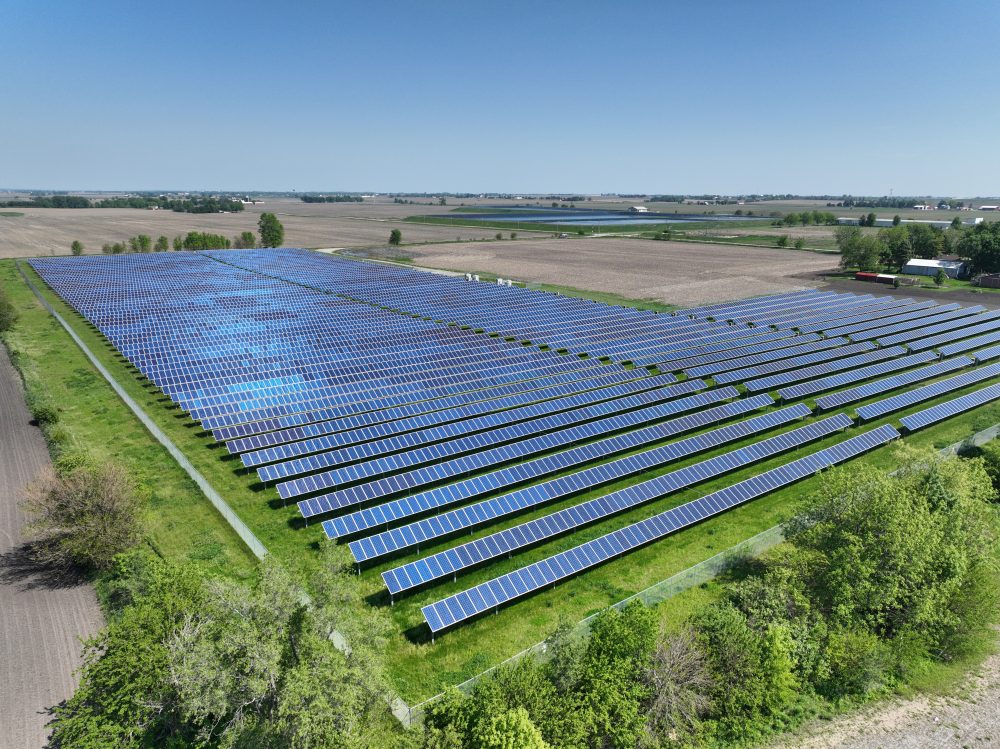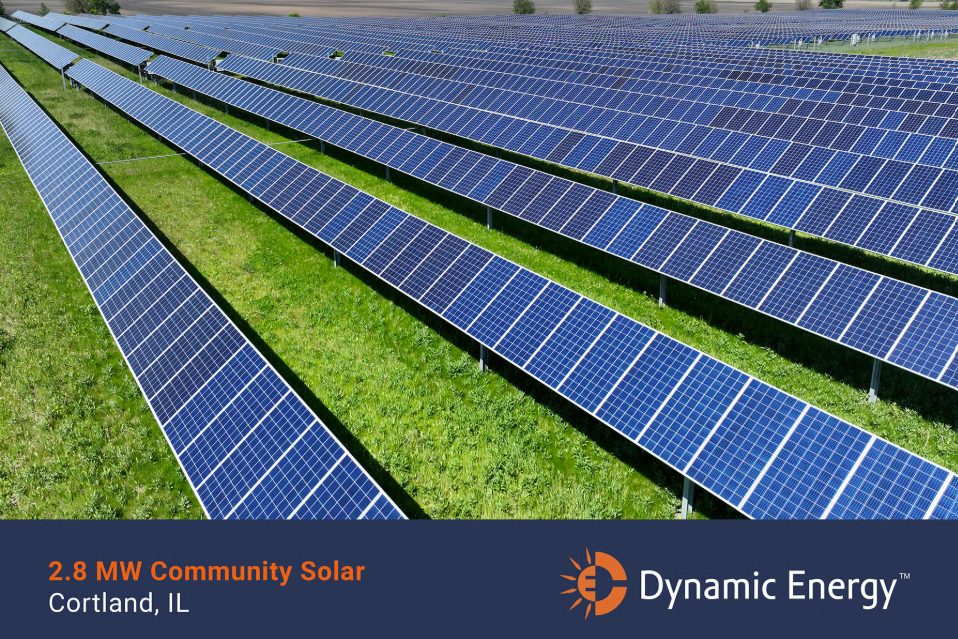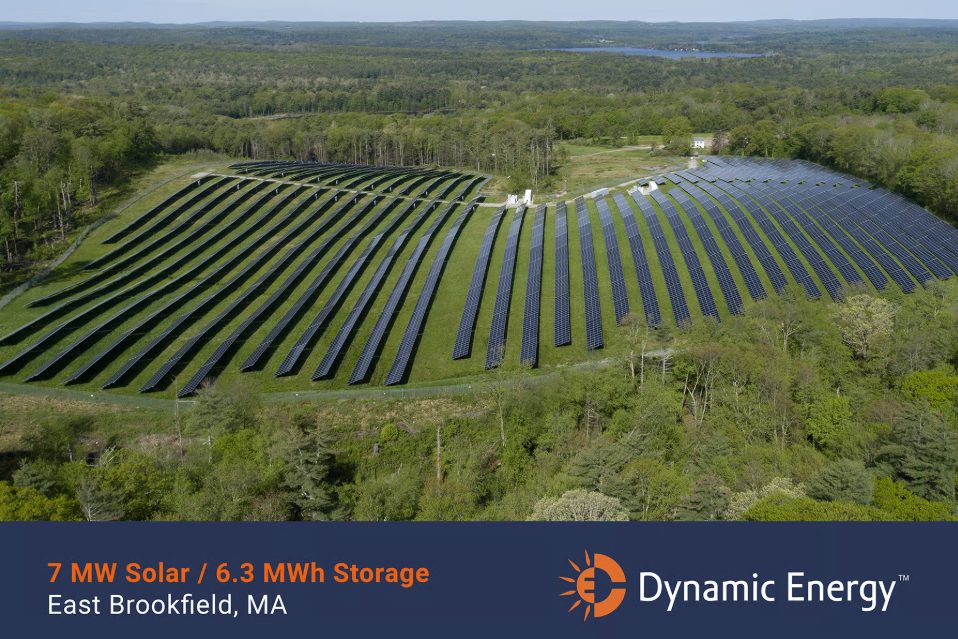
27 Sep How Dynamic Energy Is Leveraging AI for Early-Stage Solar Development
As a full-service developer and EPC (Engineering, Procurement, and Construction) firm specializing in large commercial and community solar, we’re keenly aware of the strategic importance of new technology to help drive efficiency and innovation in our work. Read more to find out how we began using SparkAI to support our expert development team and supplement their finely honed insights and processes.

The Challenge: Site Assessment Bottlenecks
Early-stage site assessments can be a resource-intensive process for clean energy developers. Each project requires thorough, often manual research through myriad online and offline sources – from local Authority Having Jurisdiction (AHJ) codes and site-specific setbacks and restrictions to environmental constraints, prior project history, and current local sentiment about similar projects.
For Dynamic’s growing pipeline, this process had the potential to create bottlenecks as internal teams took the steps to thoroughly evaluate each site. Before engaging Spark AI, we had a well-established workflow for researching and assessing new sites, a process they estimated could take between 4 to 10 hours per project, depending on the complexity of the site. Working with Spark AI, we found it streamlined this early stage research and supplemented our years of experience in project siting and permitting.
Faster Queries, Speedier Assessment Workflows
As an early adopter of Spark AI, Dynamic was looking for a more efficient way to aggregate and summarize the materials so that we could evaluate new opportunities more efficiently. Using Spark AI’s software, we were able to quickly query all available information about a site and aggregate it into a single report, shortening a process that may have taken several hours down to less than an hour.
According to Christian Inzunza, Dynamic’s Director of Permitting & Development Execution for the West, “this efficiency came from automating the most time-consuming aspects of site assessment, which is a great way to start our site diligence.”

Better Due Diligence
Another benefit cited by Inzunza is that the sources and scanned documents available in Spark are better than what would be discovered with a quick Google search. “Spark has aggregated a broad variety of documents that we would typically have to find through multiple and diverse types of searches, such as information about zoning ordinances, sentiment data, and the presence of moratoria. It enables us to quickly understand all the project risks before proceeding with further development & permitting,” says Inzunza.
After initially testing Spark AI in Q3 2024, we’ve now run more than 1,000 queries and rolled out the software internally to its GIS, Policy, Business Development, and Development Execution teams.
Inzunza sees potential for Spark to become an industry standard for diligence in renewable energy development: “In my opinion, a project would be more attractive knowing the initial diligence was stamped and certified by a Spark report.”
Dynamic Energy’s improved operational efficiency demonstrates how targeted AI applications can address industry-specific challenges, offering immediate productivity and strategic benefits in a competitive market.





